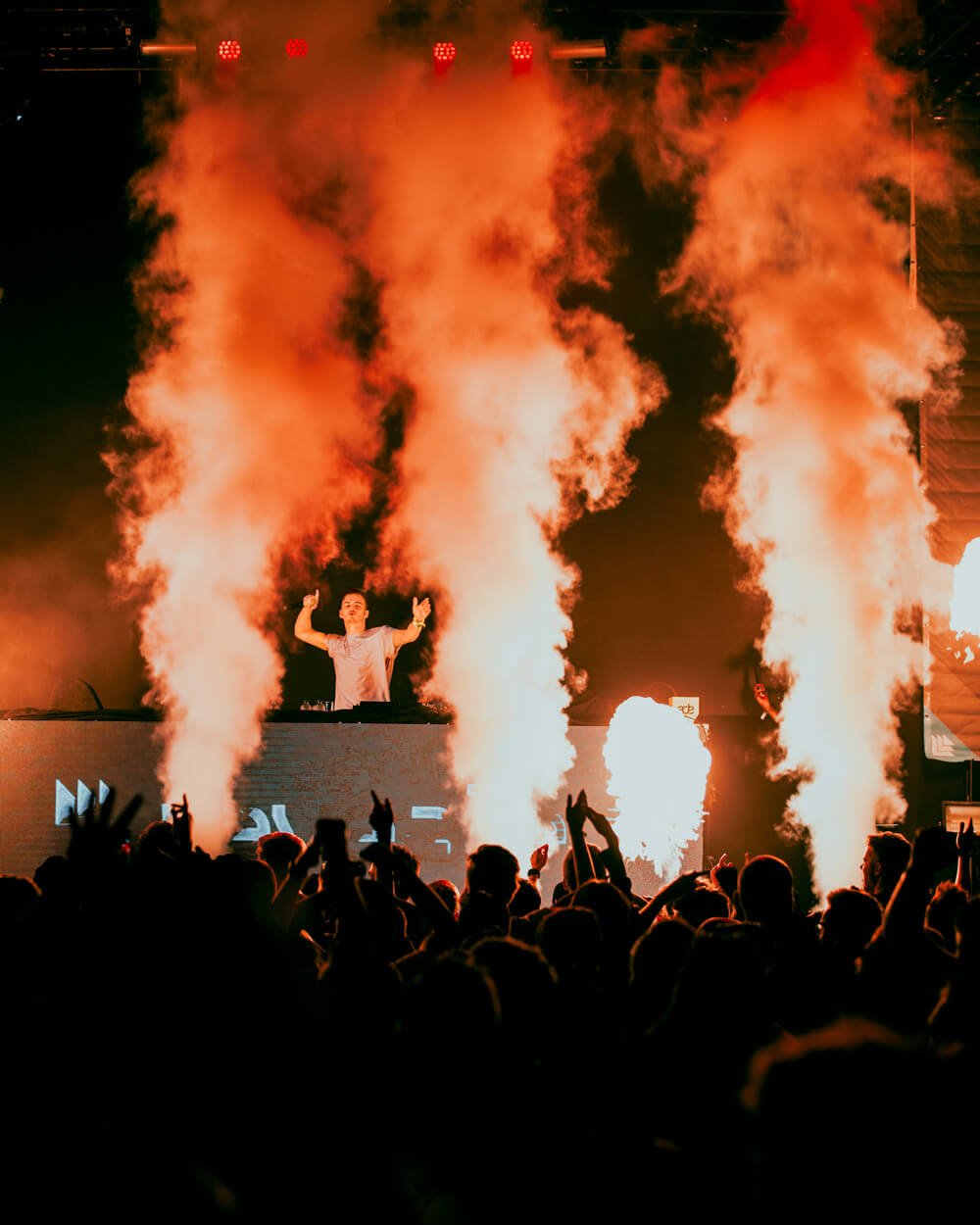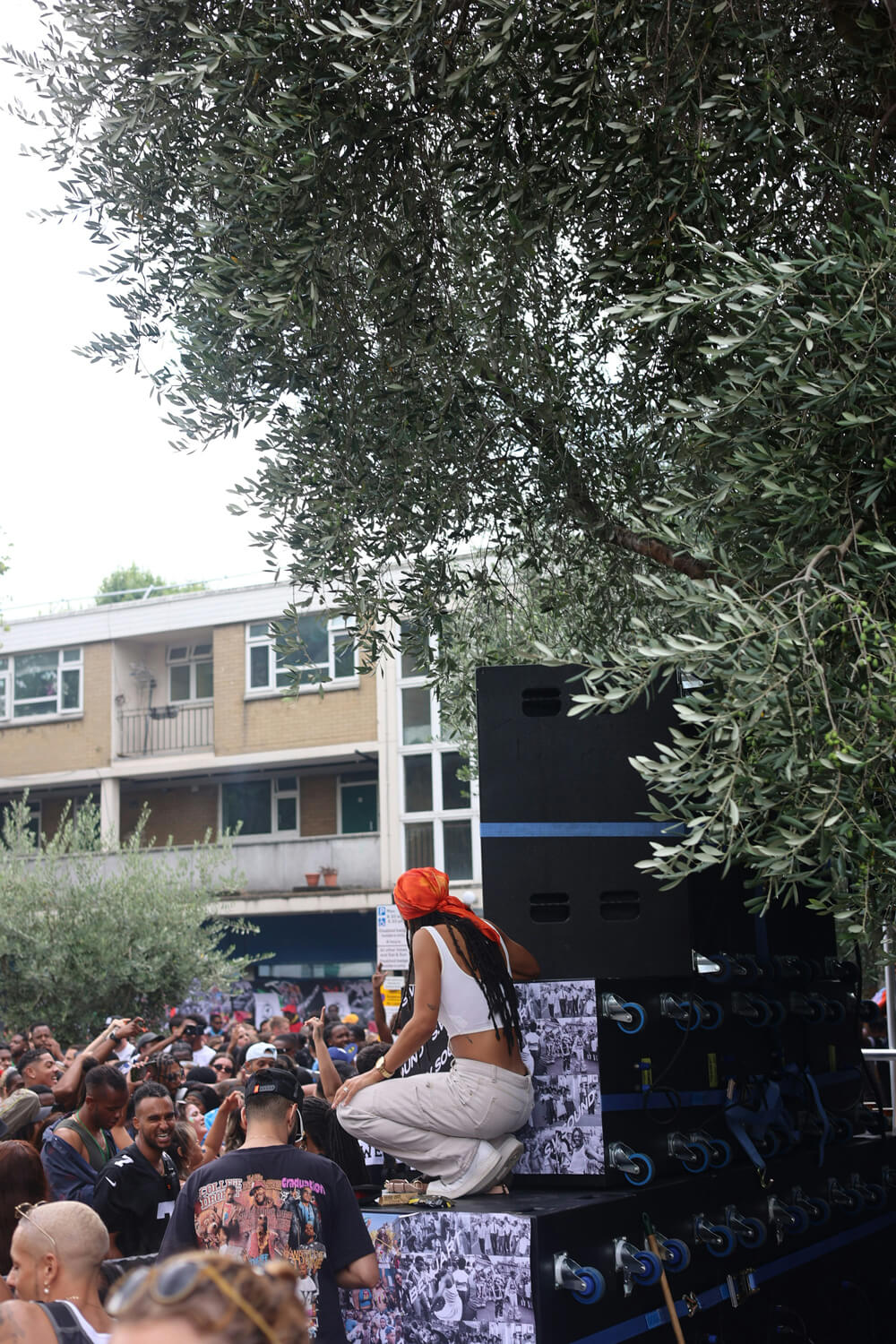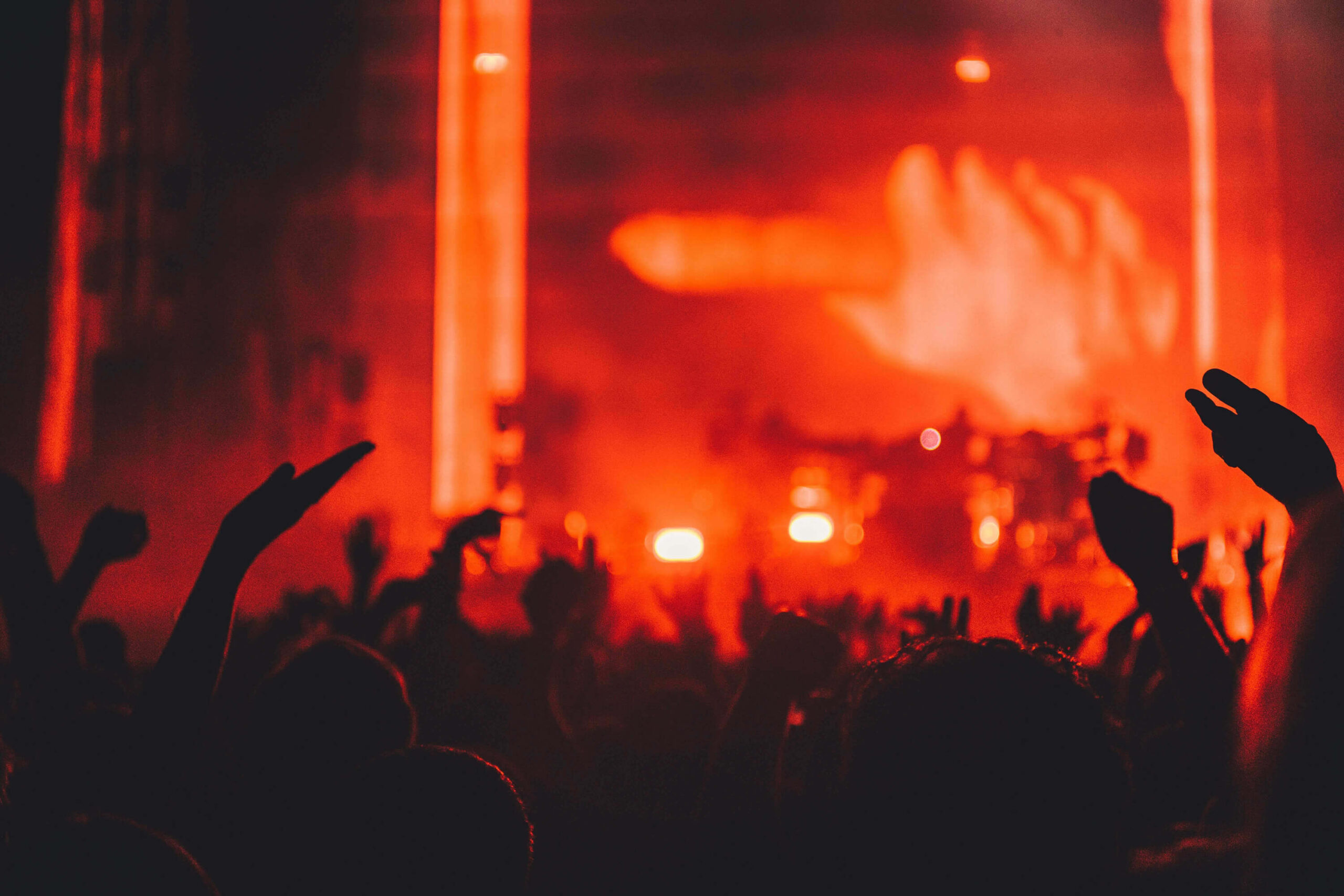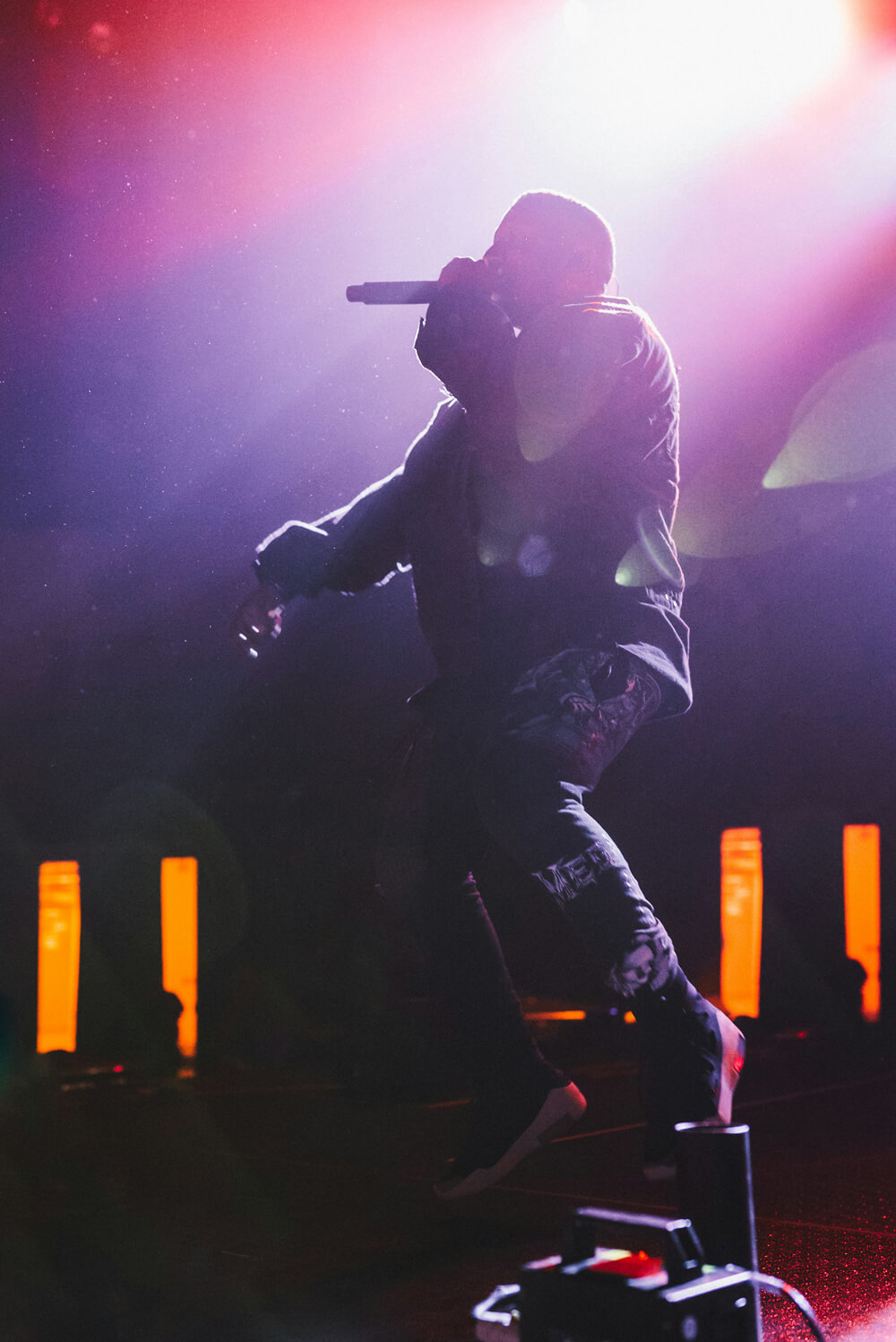
The Psychological Toll of Sound Clash: How Pressure and Competition Impact Mental Health
In the world of sound clash—a high-stakes, adrenaline-filled musical battlefield—the audience only sees the excitement, energy, and fierce competition between sound crews. But behind the booming speakers, custom dubplates, and crowd-rousing performances, selectors, DJs, and sound crews face a less visible but very real challenge: the immense pressure that comes with competition and the toll it takes on mental health.
Soundclash, a competition between sound systems, has its roots in Jamaica’s 1950s music culture and has evolved into an international phenomenon. Today, it draws fans from across the globe who eagerly anticipate clashes between legendary sound systems like Stone Love, Bass Odyssey, and Mighty Crown. For the uninitiated, a sound clash is not just a musical contest—it’s a battle of skill, stamina, and supremacy. Crews compete by playing exclusive dubplates and custom remixes of popular tracks that feature personalized shoutouts or disses aimed at the rival crew. The audience decides the winner based on crowd reactions, making every second of the performance a critical moment.
As exhilarating as these events are for the fans, the experience is often grueling for the participants. The psychological toll of preparing for and competing in sound clashes can be overwhelming. Selectors, DJs, and sound engineers often find themselves navigating an unrelenting cycle of pressure, perfectionism, and public scrutiny, which can lead to a range of mental health issues.
The Pressures of Perfection
At the heart of sound clash is the intense pressure to be perfect. Selectors must carefully curate their setlists, anticipating the crowd’s mood, the rival crew’s tactics, and the overall flow of the clash. A poorly timed dubplate or a lackluster performance can be devastating, with immediate consequences. The competitive nature of the clash amplifies this stress, as every move a selector makes is judged not only by the audience but by their peers in the industry. This constant need to impress can create feelings of anxiety, imposter syndrome, and burnout.
“We’re always under pressure to deliver something new, something unexpected,” one selector explained in an interview. “You’re thinking, ‘Will this dub hit? What if the crowd doesn’t respond?’ It’s a high-stress situation every time, and that stress can follow you even after the clash is over.”
DJs and selectors often spend weeks or months preparing for a single clash, tirelessly hunting for exclusive dubplates and refining their sets. The level of preparation required adds a layer of stress, especially as they strive to outdo their competition. The perfectionism needed in this environment can create an unhealthy obsession with the most minor details, fueling anxiety and self-doubt.
“While the pressures of the sound clash are unlikely to disappear, the conversation around mental health is slowly beginning to emerge. ”
The Weight of Audience Expectations
Soundclash crews aren’t just competing against each other—they’re also battling to meet the expectations of an often unpredictable and demanding audience. The crowd’s approval or rejection can make or break a performance. While positive reactions can provide a euphoric sense of accomplishment, negative ones can lead to a deep understanding of failure. Selectors and DJs are tasked with reading the room, adjusting their sets in real time, and maintaining crowd engagement. The constant threat of losing the crowd’s interest or facing public humiliation can significantly affect mental health.
Soundclash audiences are known for their vocal and immediate feedback. Booing, jeering, or dismissive reactions can be particularly brutal, leaving performers feeling vulnerable. This instant and public form of criticism creates an environment where failure feels magnified, adding to the already immense pressure of competition.
“Sometimes, you can feel the weight of the crowd on you. When they’re not feeling your set, it’s like the whole room turns against you,” said a veteran sound clash DJ. “It’s hard not to take that personally, and those moments can stick with you long after the clash is over.”
The Impact of Public Scrutiny and Social Media
The pressure faced by sound clash performers isn’t confined to the venue. In today’s digital age, performances are often live-streamed or posted on social media, where they can be dissected, criticized, and even ridiculed by a global audience. Social media platforms amplify the stakes, as every performance is subject to scrutiny from fans, rivals, and online commentators. A single misstep can quickly become viral, creating lasting reputational damage and intensifying feelings of anxiety.
This continuous exposure can be draining, leading to heightened self-consciousness and fear of failure. The scrutiny from social media, compounded by the already high pressure in the sound clash arena, has made mental health challenges more prevalent in the industry. Performers are not only competing in front of live crowds but also facing the prospect of their performance being immortalized online, where criticism can last far longer than the event itself.
“After a clash, you get on social media, and it’s like the world is critiquing you. It feels like there’s no escape,” said one sound engineer. “Everyone has an opinion, and sometimes it’s hard to separate yourself from the negative comments.”
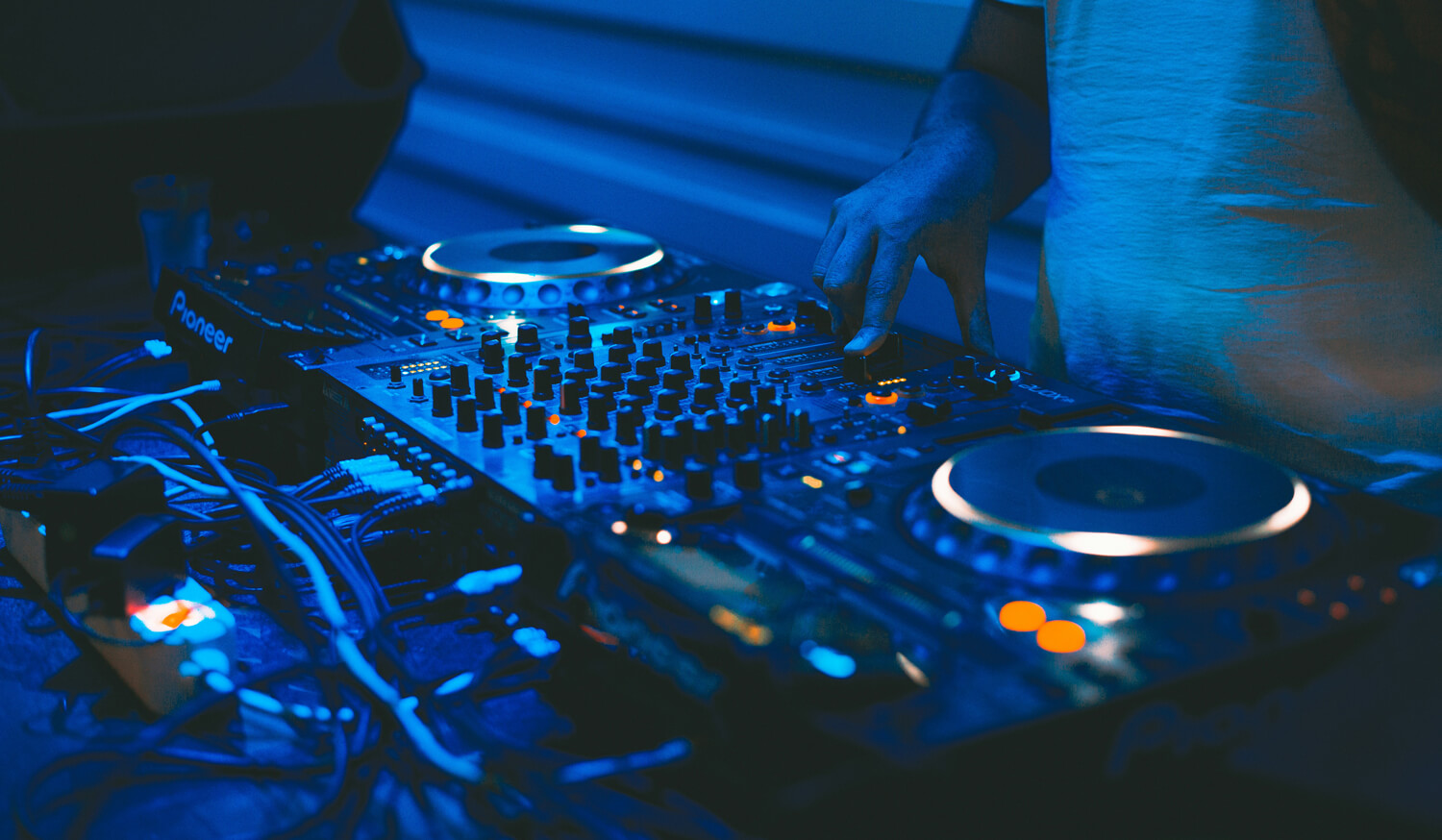
Burnout and Mental Health in the Sound Clash World
For many selectors and DJs, the pressure to perform in high-stakes sound clashes leads to burnout. The long hours of preparation, the emotional toll of competition, and the need to constantly innovate can be exhausting. Burnout, a state of chronic stress that leads to emotional and physical exhaustion, is becoming more common in the sound clash world.
Performers may feel isolated, as the culture of sound clash often emphasizes toughness and resilience, leaving little room for vulnerability or open discussions about mental health. The stigma around seeking help is prevalent, as many selectors and DJs fear that admitting to mental health struggles could be perceived as a sign of weakness in an industry built on bravado and confidence.
“I’ve seen selectors just break down after a clash. It’s a lot to carry, and no one talks about it because we’re supposed to be tough,” another selector shared. “But mental health is real, and it’s affecting a lot of people in the scene.”
The Path Forward: Breaking the Silence on Mental Health
While the pressures of the sound clash are unlikely to disappear, the conversation around mental health is slowly beginning to emerge. Some performers are speaking out about the importance of self-care, managing stress, and seeking support when needed. Prominent figures in the scene have started advocating for mental health awareness, encouraging crews to prioritize their well-being.
Events like mental health workshops for performers and private counseling services for DJs, selectors, and sound engineers could provide much-needed support. Additionally, the industry can benefit from reducing the stigma around mental health by creating more open discussions and promoting resources that can help performers manage the intense pressures of competition.
Soundclash culture will continue to thrive with all its energy, passion, and creativity. However, as it grows, so must the recognition of the psychological toll it can take on its participants. A more supportive and understanding community could be the key to helping performers navigate the pressures of competition, audience expectations, and public scrutiny—ensuring that sound clash remains not just a battle of sound but a celebration of talent, resilience, and mental well-being.
Subscribe to newsletter
You may also like
The Phenomenon of Sound Clash Lock-offs: A Deep Dive into Dominance
Following the recent lock-off victory by King Animosity over Innocent Sound, the sound clash scene h
The Power of a Good Sound System in a Sound Clash: Momentum and History
In the world of sound clash, where musical skill, track selection, and dubplate exclusivity reign su
A Guide to Sound Clash Terminology: Know the Lingo
Sound clashes are electrifying events where the art of musical competition takes center stage. Steep

